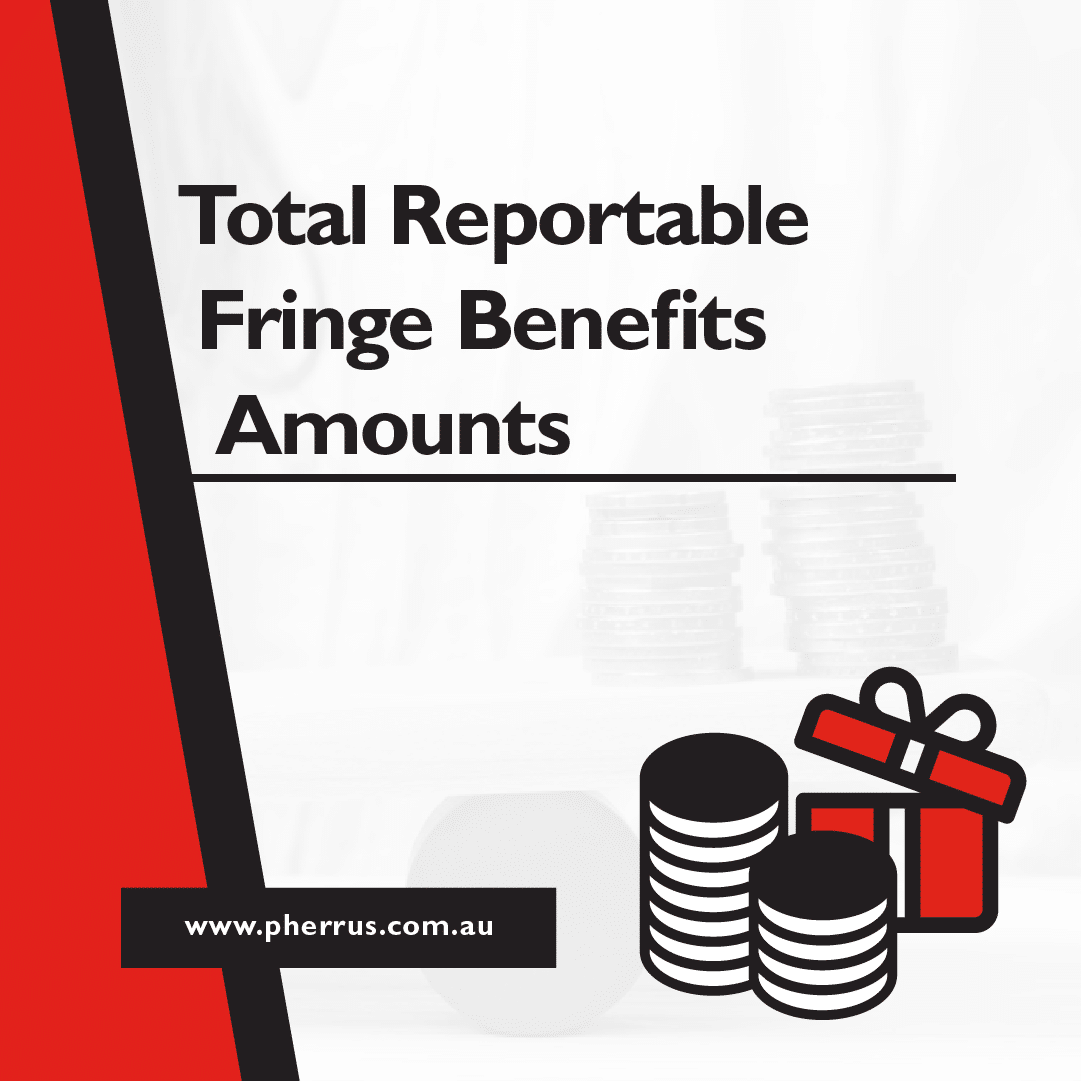Tax depreciation schedules are one of the most significant yet under-utilised tools available for property investors to maximise their returns. However, a large proportion of people still fail to realise the benefits of ordering a tax depreciation schedule. It is now estimated that through depreciation landlords could claim back between ten and forty per cent of an item’s value— a substantial figure. Indeed, a depreciation schedule can make a difference worth thousands of dollars, greatly improving cash flow.
So what exactly is a tax depreciation schedule? How can investment property owners benefit from them? And when is the best time to do them? We discuss all this and more in today’s blog.
What is a tax depreciation schedule ?
With time, items and properties wear out and decline in value. That is, they depreciate with wear and tear. Subsequently, the Australian Taxation Office (ATO) allows property investors to claim this fall in value as a tax deduction. This is classed as a non-cash deduction, which essentially means an investor can make a claim without needing to spend any money themselves. As a result, many owners fail to get a depreciation schedule, causing them to miss out on considerable tax benefits.
How it works
Getting a tax depreciation schedule done for your property first involves splitting it into two classifications: capital works and plants & equipment. Capital works make up the ‘backbone’ of a depreciation schedule and include the original cost of the property itself plus any extensions, renovations and structures. In addition, the capital work category includes other miscellaneous permanent assets such as sheds, fencing and paving to name a few.
On the other hand, the plants and equipment category (otherwise known as plants and articles), consists of non-permanent assets. These are removable and include things like appliances, carpets, flooring and other furnishings.
Part of making a claim involves being able to identify the value of all the different parts of a property as well as how much they have depreciated. Naturally, this varies across items. The purpose of a tax depreciation schedule is thus to summarise this information in one report to give you a clear idea of how much you can claim. To complete the said report, your property will need to be thoroughly inspected by a professional building inspector who will assign a value to each asset. If eligible, this includes the building itself.
To summarise, the benefits of a tax depreciation schedule for property investors are sizeable. More specifically, tax depreciation schedules can help improve cash flow by thousands of dollars by reducing the amount of tax you have to pay on a property. In fact, for some savvy investors, depreciation benefits are the significant factor they look at when buying an investment property.
When should I order a depreciation schedule ?
With the end of the financial year on the horizon, now is the time to get a tax depreciation schedule. When possible, tax depreciation schedules should be gotten before the end of the financial year (June 30th) to maximise returns. In other words, getting your depreciation schedule sorted before this date means you can claim all that you are eligible for from the past financial year and hence maximise your tax deductions.
It is important to note a tax depreciation schedule comes with a one-off cost. This lasts forty years, the life of the property, and is there to make sure property investors and owners make accurate claims. The good news is this cost is completely tax-deductible.
As a result, it follows that getting your depreciation schedule done before June 30th will also maximise your cash flow that financial year. This is because by getting the schedule earlier you can claim the fee back right away, ensuring you remember and maximise your returns.
Even if you have only recently bought an investment property, you should still obtain a depreciation schedule before the end of this financial year, rather than waiting until the next. You can simply claim partial deductions and have them adjusted for the time you have owned the property. Likewise, another benefit of doing this is that you can take advantage of immediate write offs. As the name implies, this means any items in the plant & equipment category with a value under $300 can be written off right away.
If you are new to property investment and have missed a deduction, the ATO allows you to adjust your tax return to recover missed claims for up to two financial years ago. Of course, it’s always best to keep on top of your finances to avoid any unnecessary losses and stress.
How Pherrus can help
A Tax Depreciation Schedule can help you negatively gear your property by generation of a net rental loss that can be offset against taxable income earned from other sources, such as salary and wages. Also depending on your overall tax position you may be able to vary your PAYG Withholding from your paycheck to effectively NIL!
Pherrus Financial Services is made up of an experienced and qualified team of accountants, agents, specialists and lawyers providing trusted financial services Sydney wide. With a forward thinking, professional and client oriented attitude, we are experts at providing direction on depreciation schedules and related advice to help property investors maximise their returns.
For more information, visit our website or contact us today.




